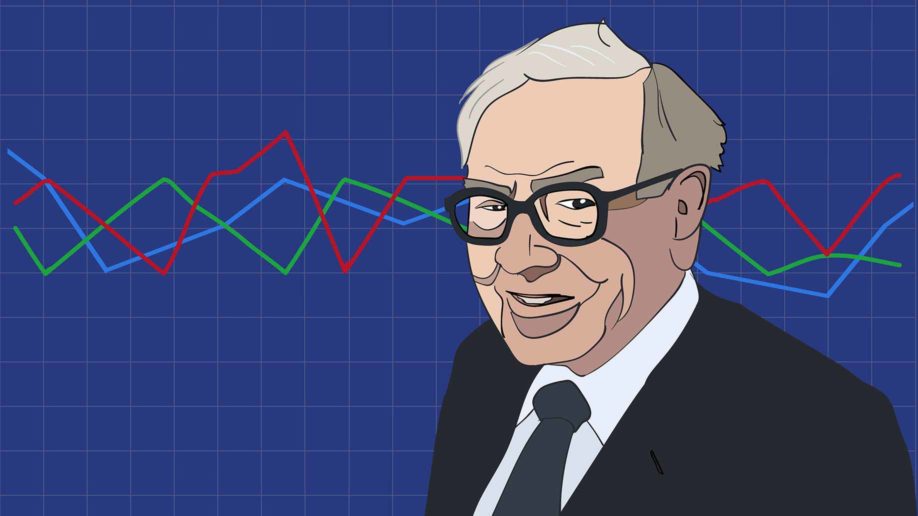 Warren Buffett is considered by many to be the most successful stock investor ever. Despite the occasional mistake, Buffett’s investing strategies are unrivaled. In 1956, at age 26, his net worth was estimated at $140,000. MarketWatch estimated his net worth at the end of 2016 to be $73.1 billion, an astounding compound annual growth rate of 24.5%. By contrast, the S&P 500 has grown at an average rate of 6.79% and most mutual funds have failed to equal the annual S&P 500 return consistently.
Warren Buffett is considered by many to be the most successful stock investor ever. Despite the occasional mistake, Buffett’s investing strategies are unrivaled. In 1956, at age 26, his net worth was estimated at $140,000. MarketWatch estimated his net worth at the end of 2016 to be $73.1 billion, an astounding compound annual growth rate of 24.5%. By contrast, the S&P 500 has grown at an average rate of 6.79% and most mutual funds have failed to equal the annual S&P 500 return consistently.
Buffett has achieved these returns while most of his competition failed. According to John Bogle, one of the founders and former Chairman of The Vanguard Group, “The evidence is compelling that equity fund returns lag the stock market by a substantial amount, largely accounted for by cost, and that fund investor returns lag fund returns by a substantial amount, largely accounted for by counterproductive market timing and fund selection.”
Since the evidence shows that Buffet has been an exceptional investor, market observers and psychologists have searched for an explanation to his success. Why has Warren Buffett achieved extraordinary gains compared to his peers? What is his secret?
A Long-Term Perspective
Do you know anyone who has owned the same stock for 20 years? Warren Buffett has held three stocks —Coca-Cola, Wells Fargo, and American Express—for more than 20 years. He has owned one stock—Moody’s—for 15 years, and three other stocks—Proctor & Gamble, Wal-Mart, and U.S. Bancorp—for over a decade.
To be sure, Mr. Buffett’s 50-year track record is not perfect, as he has pointed out from time to time:
Berkshire Hathaway: Pique at CEO Seabird Stanton motivated his takeover of the failing textile company. Buffett later admitted the purchase was “the dumbest stock I ever bought.”
Energy Future Holding: Buffett lost a billion dollars in bonds of the bankrupt Texas electric utility. He admitted he made a huge mistake not consulting his long-term business partner Charlie Munger before closing the purchase: “I would be unwilling to share the credit for my decision to invest with anyone else. That was just a mistake – a significant mistake.”
Wal-Mart: At the 2003 Berkshire Hathaway shareholder meeting, Buffet admitted his attempt to time the market had backfired: “We bought a little, and it moved up a little, and I thought maybe it would come back. That thumb-sucking has cost us in the current area of $10 billion.”
Even with these mistakes, Buffett has focused on making big bets that he intends to hold for decades to come. A longer time horizon has allowed him to take advantage of opportunities few others have the patience for. But how has he been able to make these successful bets in the first place?
Read more . . .

